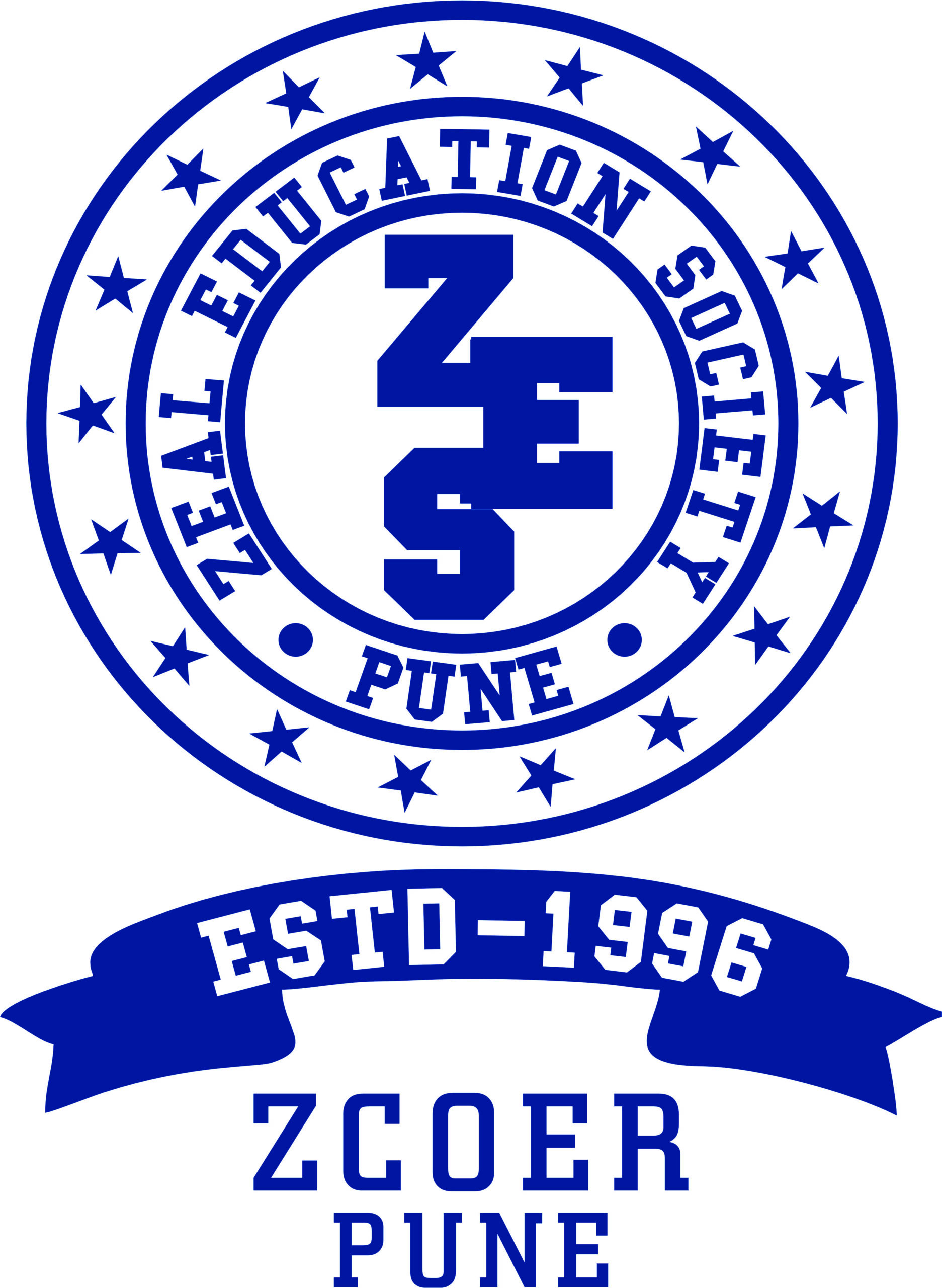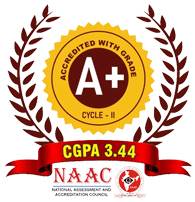Computer Engineering
- Computer Engineering
- About Department
- From HOD Desk
- Vision & Mission
- PEO & PSO, PO & CO
- Autonomy Constitution
- Faculty Profile
- Lab Facilities
- Innovations in Teaching – Learning
- Research & Publication
- Skill Development
- Faculty Achievement
- Students Achievement
- Student Association
- Placement and Internship
- Center of Excellence
- Life @ Computer
- Downloads
- Newsletters
Goals:
The goal of implementing Code Pair Programming in the Computer Engineering Department at Zeal College of Engineering and Research, Pune, is to enhance collaborative learning, improve coding proficiency, and develop problem-solving skills. This approach fosters teamwork, improves debugging efficiency, and strengthens student engagement in programming-related subjects.
Use of Appropriate Methods:
- Driver-Navigator Model: One student (driver) writes the code while the other (navigator) reviews and suggests improvements.
- Rotational Programming: Roles are switched periodically to ensure equal participation.
- Online Pair Programming Tools: Use of platforms like Visual Studio Code Live Share, Replit, and CodePen for real-time collaboration.
- Faculty-Guided Sessions: Faculty members monitor sessions, provide insights, and ensure active participation.
Significance of Results:
- Improved Code Quality: Students learn best practices, write cleaner code, and reduce errors through peer review.
- Enhanced Debugging Skills: Collaborative problem-solving results in quicker issue resolution.
- Increased Engagement: Students feel more involved and motivated in the learning process.
- Better Understanding of Concepts: Discussion-based learning reinforces programming logic and algorithms.
- Industry-Relevant Skill Development: Mimics real-world software development practices, making students job-ready.
Effectiveness:
- Student Performance Improvement: Over 80% of students show enhanced programming skills compared to traditional learning methods.
- Higher Engagement Levels: Students demonstrate greater participation in practical sessions.
- Positive Student Feedback: Surveys indicate that 85% of students find pair programming helpful in understanding complex programming concepts.
- Faculty Observations: Faculty members report better collaboration and knowledge retention among students.
Application:
- Programming Lab Sessions: Applied in C, C++, Java, Python, and Web Development courses.
- Algorithm Design and Analysis: Used for developing and optimizing algorithms through collaborative problem-solving.
- Software Engineering Projects: Students pair up to implement coding tasks in software development projects.
- Competitive Coding & Hackathons: Encourages teamwork and efficient coding in competitive environments.
Utilization:
- Used in daily programming exercises and practical assignments.
- Integrated into project-based learning and mini-projects.
- Applied in coding competitions and hackathons to enhance team-based problem-solving skills.
- Implemented in virtual and in-person labs, using real-time collaboration tools.
Implementation:
a) Training & Orientation:
- Faculty provides initial training on effective pair programming techniques.
- Guidelines are shared for role management and collaboration.
b) Structured Lab Sessions:
- Students are paired based on complementary skill sets.
- Code is developed, reviewed, and refined collaboratively.
c) Real-time Monitoring & Feedback:
- Faculty monitors progress and provides feedback on coding style and logic.
- Peer reviews are encouraged to strengthen code quality.
d) Assessment & Evaluation:
- Coding assignments and projects are assessed based on teamwork and code efficiency.
- Students reflect on their learning experiences through self-assessments.
Benefits:
- Enhances Peer Learning: Students learn from each other’s strengths and experiences.
- Builds Stronger Problem-Solving Abilities: Promotes logical thinking and efficient coding techniques.
- Boosts Confidence: Encourages active participation and independent thinking.
- Improves Communication Skills: Develops effective technical discussion and teamwork abilities.
- Prepares for Industry Practices: Introduces students to agile methodologies and collaborative coding environments used in professional software development.
Conclusion:
The implementation of Code Pair Programming at Zeal College of Engineering and Research, Pune, has proven to be an effective innovation in teaching and learning. It enhances collaboration, problem-solving, and coding efficiency while preparing students for real-world software development environments. By continuously refining the approach and integrating advanced collaborative tools, the faculty ensures that students gain the best possible coding experience, making them ready for competitive programming challenges and industry roles.

Submit your review | |
1 2 3 4 5 | |
Submit Cancel | |

